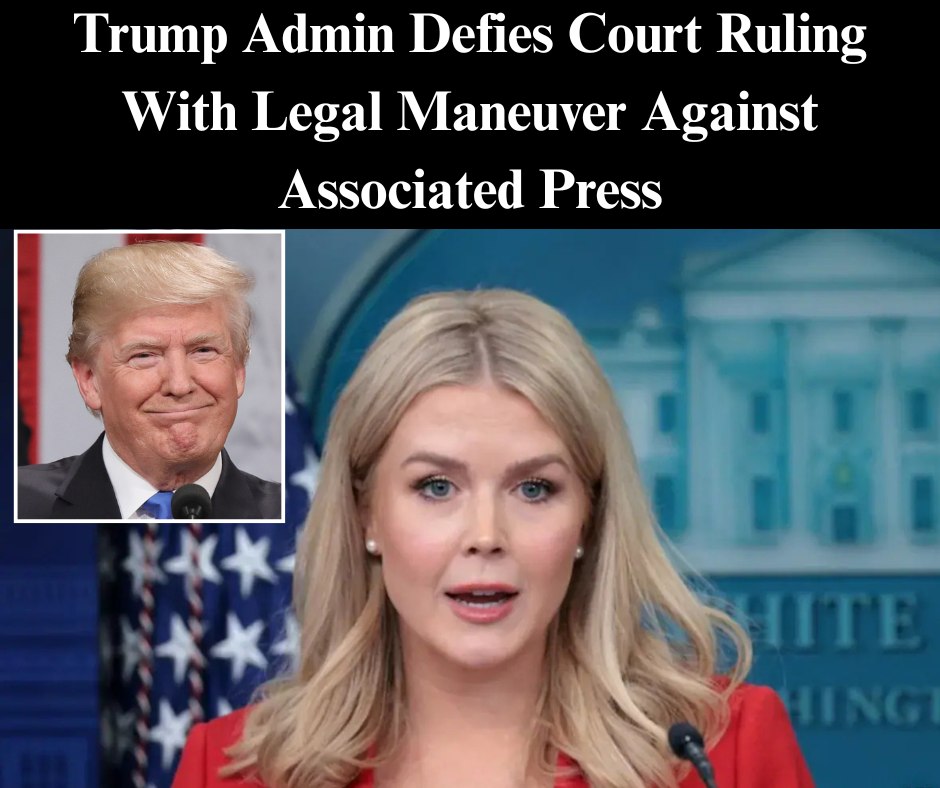Despite a court ruling, the Associated Press is unlikely to regain a regular presence in the White House anytime soon. On Wednesday, the Trump administration eliminated a longstanding press pool position traditionally held by the AP, one of the world’s most widely circulated news organizations.
Sources familiar with the decision say it is expected to hold up under legal scrutiny. The move follows a federal court order requiring the administration to reinstate the AP’s credentials, which had been revoked amid a dispute over the renamed Gulf of America. The decision will affect newswire clients who depend on the AP and rivals like Reuters to deploy reporters worldwide and distribute stories through a subscription-based model.
The AP estimates its coverage reaches over 3,000 outlets across the U.S. and more than 900 internationally. The news agency expressed angst in a statement issued Tuesday evening, telling CNN, “The administration’s actions continue to disregard the fundamental American freedom to speak without government control or retaliation. This is a grave disservice to the American people.”
At the center of the dispute is the “press pool,” a rotating group of reporters who accompany the president and cover events in restricted areas. Traditionally, the White House Correspondents Association selected participants, with wire services like the AP and Reuters guaranteed a spot. However, a new policy memo issued Tuesday removed the dedicated slots for wire services. Instead, the pool will now include two general print positions, for which all outlets—including wires—must compete. Without their previously reserved spots, the AP and Reuters will now have to vie with other publications for access.
The conflict began when AP editors rejected the White House’s directive to refer to the former Gulf of Mexico as the Gulf of America—a rebranding adopted by several media outlets and digital map providers, including Apple and Google. The AP continued using the traditional name, citing Trump’s executive order only in context. In response, the White House began excluding AP reporters from pool events and eventually full press conferences. The AP later filed a federal lawsuit, claiming violations of its First and Fifth Amendment rights.
Last week, U.S. District Judge Trevor McFadden ruled in favor of the AP, stating that “the Constitution forbids viewpoint discrimination, even in a nonpublic forum like the Oval Office.” McFadden ordered the White House to “place the AP on an equal playing field with similarly situated outlets, regardless of its use of disfavored terminology.” According to CNN, the White House responded by saying the judge’s order is reflected in its updated pool policy—placing the AP alongside outlets like Reuters and Bloomberg by redefining the pool structure altogether.
